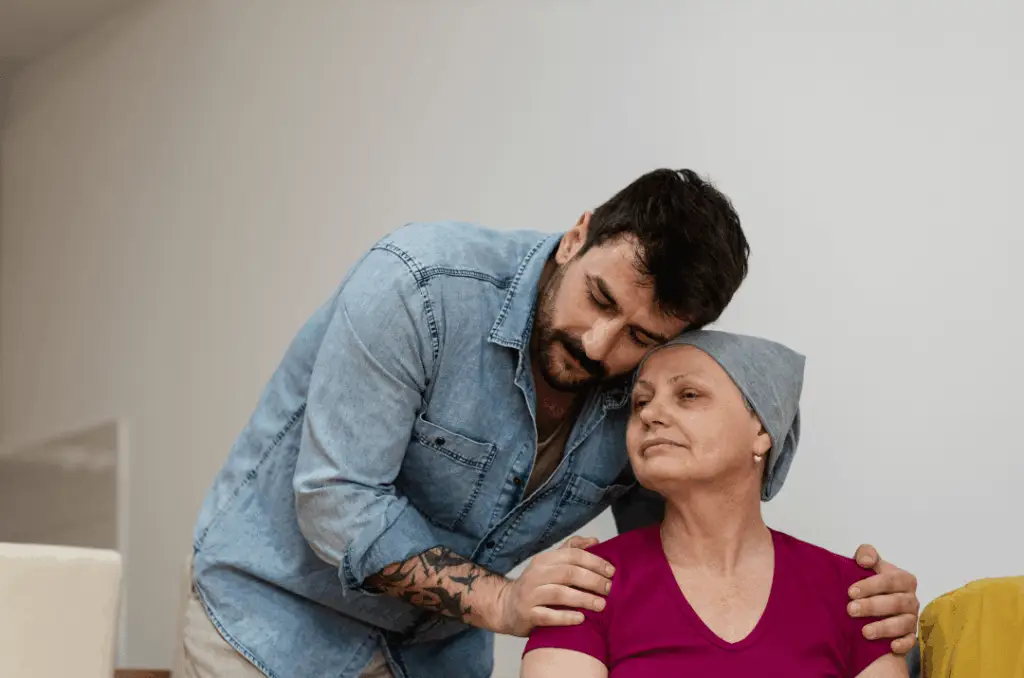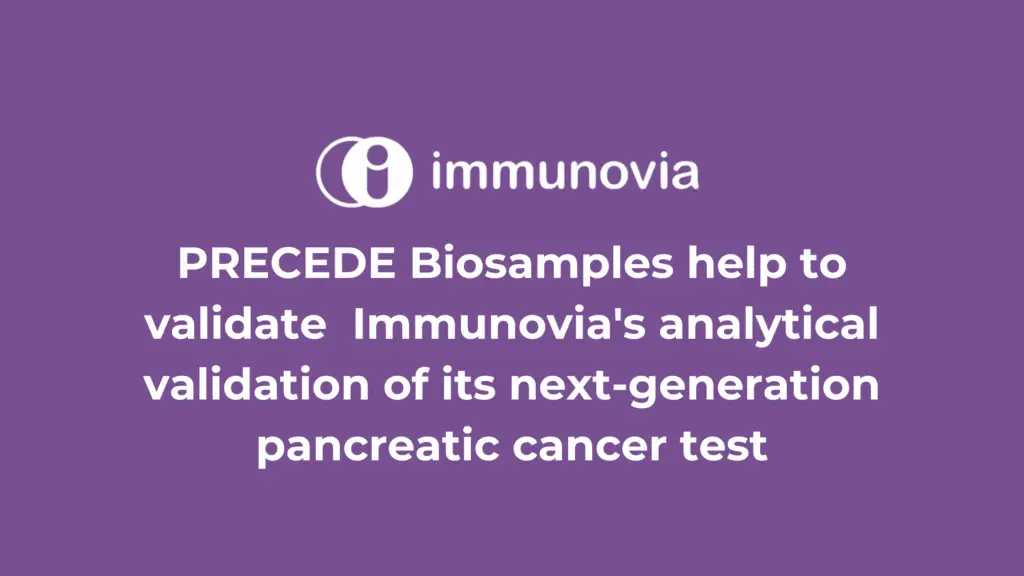Traveling can be a great way to relax and enjoy new experiences, but for those with pancreatic cancer, it requires extra care and planning. Managing your health while traveling involves dealing with symptoms, side effects, and ensuring you have access to medical care away from home.
This guide provides essential travel tips to help you manage these challenges. With the right preparation, you can make your trip more comfortable and enjoyable. Whether you’re going on a vacation or a short trip, this checklist will help you plan and ensure a safe and smooth journey. Let’s get started on making your travel experience as easy as possible.
1 – Consult Your Healthcare Team
Before starting on any trip, it’s crucial to consult with your healthcare team. They can provide valuable insights specific to your condition and needs.
-
Medical Clearance
Obtain approval from your doctor or oncologist to confirm that travel won’t interfere with your treatment or health status. Discuss any potential risks and get advice on how to handle them.
-
Medical Documentation
Request a detailed summary of your medical history, current treatment plan, and emergency contact information. This documentation can be invaluable in case of medical emergencies during your trip.
-
Prescriptions
Make sure you have enough medication to last through your entire trip. Ask your healthcare provider for a written prescription in case you need to get refills while away. Carry all medications in their original packaging to avoid issues at security checks.
2 – Travel Planning
Proper planning is essential for a hassle-free travel experience. Here’s what you need to consider:
-
Destination Research
Research the healthcare facilities available at your destination. Knowing where to find medical help can provide reassurance. Look for hospitals, clinics, or pharmacies nearby.
-
Accommodation
Choose accommodations that are close to medical facilities and offer accessibility features. Confirm that your place to stay has the amenities you need, such as elevators or grab bars in the bathroom.
-
Travel Insurance
Purchase travel insurance that covers medical emergencies and treatment abroad. Ensure the policy covers pre-existing conditions and includes emergency medical evacuation if necessary.
3 – Prepare a Medical Kit
Having a well-prepared medical kit is crucial for managing your health while traveling.
-
Medications
Pack all necessary medications, including any prescribed by your doctor. Carry extra supplies if possible. Store medications in their original packaging to avoid confusion and potential issues at customs.
-
Medical Records
Bring a copy of your medical records, including your treatment plan and contact details for your healthcare provider. This information can be essential if you need medical care while away.
-
First-Aid Supplies
Include basic first-aid items like bandages, antiseptic wipes, and any specialized items you might need. Consider including items for symptom management, such as anti-nausea medications or pain relievers.
4 – Managing Symptoms and Side Effects
Travel can exacerbate symptoms or side effects of treatment. Here’s how to manage them effectively:
-
Dietary Needs
Plan for any special dietary requirements you have. Bring snacks and meal replacements if necessary. Research dining options at your destination that can accommodate your dietary needs.
-
Hydration
Stay hydrated by packing a refillable water bottle and drinking plenty of fluids. Dehydration can worsen symptoms and make travel more uncomfortable.
-
Comfort Items
Bring items that provide comfort, such as pillows, blankets, or heating pads. These can help make your travel experience more pleasant and manageable.
5 – Travel Logistics
Efficient travel logistics can significantly enhance your comfort and safety.
-
Travel Itinerary
Share your travel itinerary with a family member or friend who can stay in touch with you during your trip. Keep them informed of any changes or updates to your plans.
-
Special Accommodations
Arrange for any special assistance needed at airports, train stations, or other transit points. This might include wheelchair assistance, early boarding, or help with luggage.
-
Transportation
If flying is uncomfortable, consider alternative travel options such as trains or cars. Plan your route and make arrangements for accessible transport if needed.
6 – Emergency Preparedness
Being prepared for emergencies can provide reassurance and ensure quick action if needed.
-
Emergency Contacts
Make a list of emergency contacts, including local healthcare providers at your destination. Keep this list easily accessible and share it with your travel companions.
-
Local Healthcare Facilities
Research and note the nearest hospitals or clinics at your destination. Familiarize yourself with their locations and contact information in case of a medical emergency.
-
Emergency Plan
Develop a plan for what to do in case of a medical emergency while traveling. This should include steps for seeking medical help and communicating with your healthcare team back home.
7 – Staying Connected
Maintaining communication with your support network can make your trip more manageable.
-
Communication Tools
Use communication apps to stay in touch with family and friends. Regular updates can help keep your support network informed and provide emotional support.
-
Updates
Provide regular updates to family or friends on your condition and location. This can help ensure you receive the support you need if any issues arise.
-
Health Monitoring
Use health monitoring tools or apps to track your symptoms and well-being. This can help you manage your health more effectively and provide valuable information to your healthcare team.
8 – Self-Care And Comfort
Taking care of yourself during travel is essential for maintaining your health and well-being.
-
Rest And Relaxation
Schedule regular rest periods and avoid overexertion. Travel can be tiring, so it’s important to balance activities with rest to prevent fatigue.
-
Stress Management
Practice relaxation techniques or bring stress-relief items with you. Stress can impact your health, so find ways to relax and stay positive during your trip.
-
Positive Outlook
Focus on the enjoyable aspects of your trip and find ways to stay positive. Maintaining a positive outlook can enhance your travel experience and overall well-being.
Traveling with pancreatic cancer requires thoughtful preparation and planning. By following this checklist, you can ensure a safer and more comfortable journey. Prioritizing your health and well-being while traveling will allow you to enjoy your trip and create positive experiences. Remember to stay connected with your support network, manage your symptoms effectively, and seek assistance as needed. Safe travels!
Join us in our mission to support pancreatic cancer patients, visit the TrovaNow website at www.trovanow.com to see how you can contribute to our efforts in advancing patient care and improving quality of life.
Donate today to help us make a meaningful impact and support those in need. Your contribution can make a significant difference in the lives of pancreatic cancer patients and their families.





